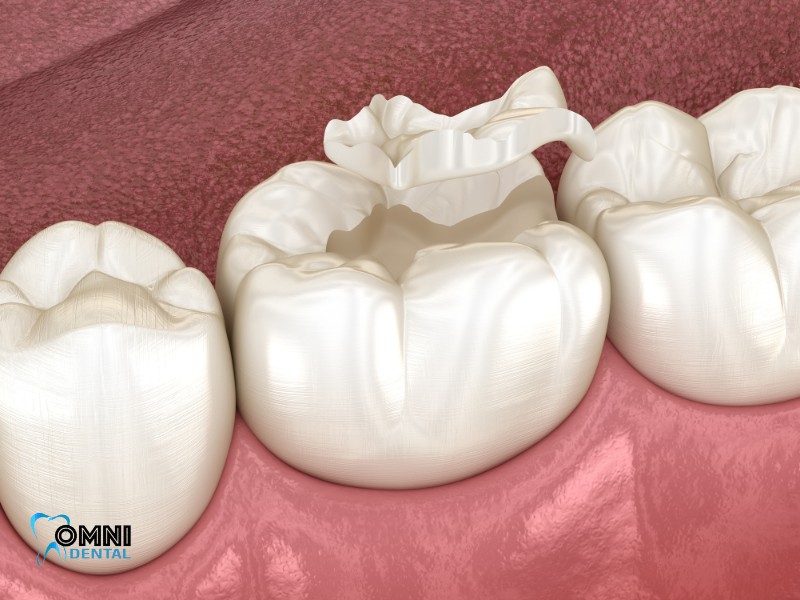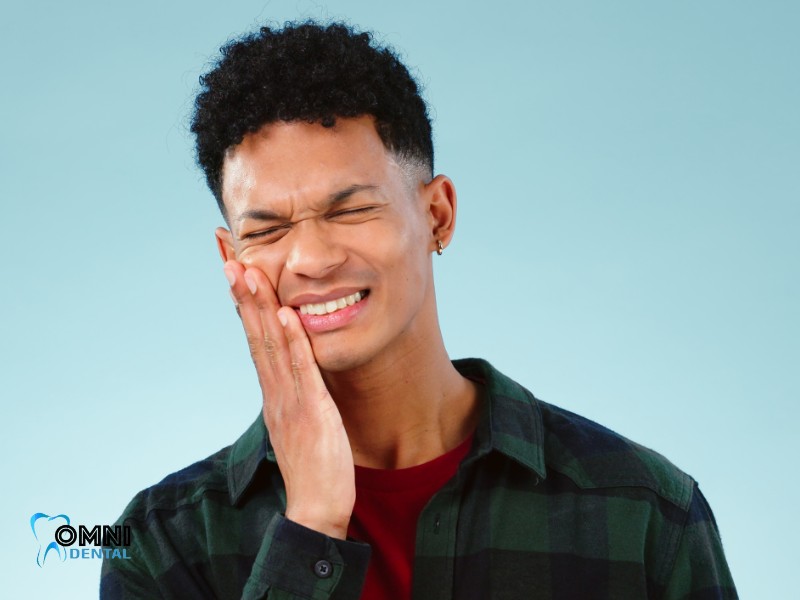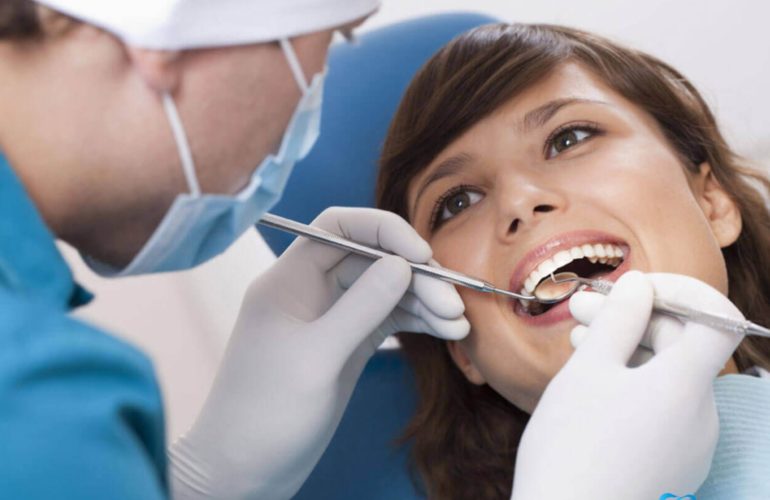Navigating Through Urgent Dental Situations Effectively
When a dental emergency strikes, the pain and uncertainty can be overwhelming. This guide is your roadmap through the most common dental emergencies, from toothaches to knocked-out teeth. We’ll cover what to do in each scenario, how to prevent these emergencies, and when to head to the dental office. Keep calm and read on; we’re here to help you easily navigate these oral crises.
Toothaches:
A throbbing toothache can derail your day. Often, it’s a sign of underlying issues like decay or infection. Immediate steps include rinsing your mouth with warm water and flossing to remove any food particles that may exacerbate the pain. Over-the-counter pain relievers can provide temporary relief, but it’s crucial to consult your dentist as soon as possible.
Chipped Tooth:
If you’ve chipped or broken a tooth, acting quickly is essential. Save any pieces you can find, and rinse your mouth with warm water. Apply a cold compress to the outside of your cheek to reduce swelling. A chipped tooth may not hurt, but you should see a dentist promptly to avoid further damage.
Cracked Tooth:
A cracked tooth often leads to intense pain and heightens the risk of infection. To address it, rinse with warm water immediately for cleaning, then use a cold compress to reduce swelling. Refrain from using that side of your mouth for chewing. For prompt care and assistance, if you’ve experienced a cracked tooth, it’s important to schedule an urgent appointment with your dentist.

Sensitivity to Hot & Cold:
If hot coffee or a bite of ice cream shocks your teeth, you might have sensitivity. This could be due to thin enamel or a developing cavity. Until you can get to the dentist, use toothpaste designed for sensitive teeth and avoid extreme temperatures in your food and drink.
Knocked-Out Tooth:
A knocked-out tooth requires quick thinking. Please pick up the tooth by the crown without touching the root and rinse it without scrubbing.
If possible, reinsert it in the socket. If not, place it in a cup of milk or saliva. Time is critical—head to the emergency dental care immediately.

Lost Filling or Crown:
If a filling or crown comes loose, keep it safe and avoid eating hard foods. You can use dental cement from a drugstore to temporarily reattach it. Don’t use glue! Contact your dentist to have it properly fixed.
Broken Denture:
A broken denture isn’t just inconvenient; it can also be uncomfortable. Handle the pieces carefully, and don’t attempt to repair them yourself. Store them safely and call your dentist for repair or replacement options.
Loose Tooth:
Adult teeth shouldn’t be loose. If one is, it’s a dental issue that needs immediate attention. Until you can see your dentist, avoid wiggling it with your fingers or tongue, which can cause more harm.
Gums, Lips, or Tongue Injury:
For injuries to soft tissues, cleanliness is critical. Rinse your mouth with salt water, and apply pressure to stop bleeding. If bleeding doesn’t stop, seek emergency room help.
Jaw Pain or Clenching:
Persistent jaw pain or clenching can indicate TMJ issues or teeth grinding. Apply a cold compress and avoid hard foods. Over-the-counter pain relievers may help, but a dental visit is essential for long-term relief.
Something Stuck Between Teeth:
Gently use dental floss to remove objects stuck between teeth. Never use sharp instruments, as they can damage your gums or teeth. If floss doesn’t work, it’s time for a dentist’s help.
Final Thoughts: Safeguarding Your Smile Against Dental Emergencies
Preventing dental emergencies begins with regular care and wearing mouthguards during sports. Regular dental visits are your frontline defense in preventing these common dental emergencies. Remember, quick action can save your smile. If you’ve experienced a dental emergency, don’t hesitate to contact your dental office immediately.





